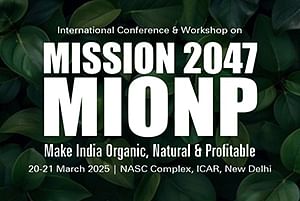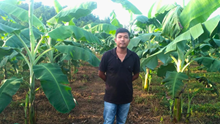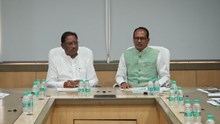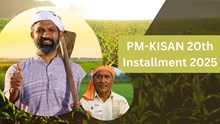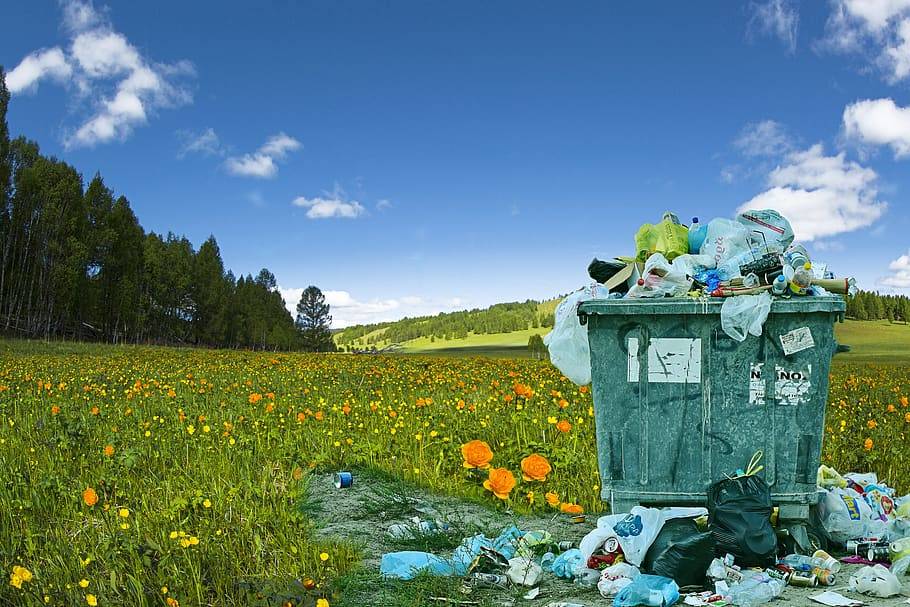
Dr. Atri expressed concern about the escalating threat of plastic littering and the accumulation of 200 tons of plastic in the Himalayan forests. He warned that the downstream areas and approximately 700 million people would be impacted if the Himalayan region was not preserved. Moreover, he noted that the dumping of plastic in soil reduces its fertility.
Dr. Atri also drew attention to the negative consequences of plastic choking, such as increased flooding and disruptions to the animal ecosystem. He emphasized the necessity of collaborative efforts to control plastic pollution. He mentioned their ongoing work to combat the problem, including actively involving school children in cleaning up plastic litter. Dr. Atri expressed disappointment at witnessing indiscriminate garbage disposal by people and urged everyone to join the fight against plastic pollution.
Regarding measures taken to address the plastic issue, the environmentalist mentioned the plastic ban implemented in Himachal Pradesh in 1999. He further explained the introduction of regulations in 2009, which specified permissible micron levels and penalties for littering. Although the ban on packaging plastic in 2013 faced a temporary stay by the apex court, Himachal Pradesh made significant efforts to tackle the plastic problem.
Dr. Atri highlighted the extended lifespan of plastic, stating that it takes more than 400 years to degrade, with plastic bottles taking over 1000 years to decompose. He emphasized the pervasive impact of these materials on the human lifecycle and the threat posed by microplastics entering the food chain.
Devendra Sharma, an Indian agriculture expert and environmentalist, supported Dr. Atri's concerns, emphasizing that plastic waste adversely affects biodiversity, farming, and obstructs rivulets and Nallas. He mentioned instances of cattle dying due to plastic ingestion and the detrimental effects of blocked rivulets and Nallas on agriculture. Given Himachal Pradesh's 1% share of global diversity, he stressed the need for greater sensitivity in controlling plastic usage.
Local residents also called for action, demanding proper dumping arrangements for plastic waste. Savita, a local resident, expressed frustration with tourists who thoughtlessly dispose of garbage and requested the installation of dustbins in the area. She highlighted the harm caused to the environment by grazing cattle consuming plastic waste. Chet Ram, a local farmer, echoed these concerns and emphasized the threats posed to biodiversity and crops by plastic waste.
Visitors to the region expressed disappointment at the lack of adequate waste management facilities. Vijay Patil, a tourist, observed irresponsible garbage disposal in pristine locations and urged the authorities to address this issue by providing dustbins. Patil stressed the importance of individual responsibility in keeping surroundings and cities clean, acknowledging the government's actions but also emphasizing the need for further efforts.
The concerns raised by Dr. Suresh Kumar Atri and other experts serve as a reminder of the urgent need to tackle plastic waste in the Himalayan region. It is crucial for authorities, residents, and tourists alike to collaborate in implementing sustainable waste management practices and minimizing plastic use to protect the fragile ecosystem and preserve the natural beauty of this cherished area.






